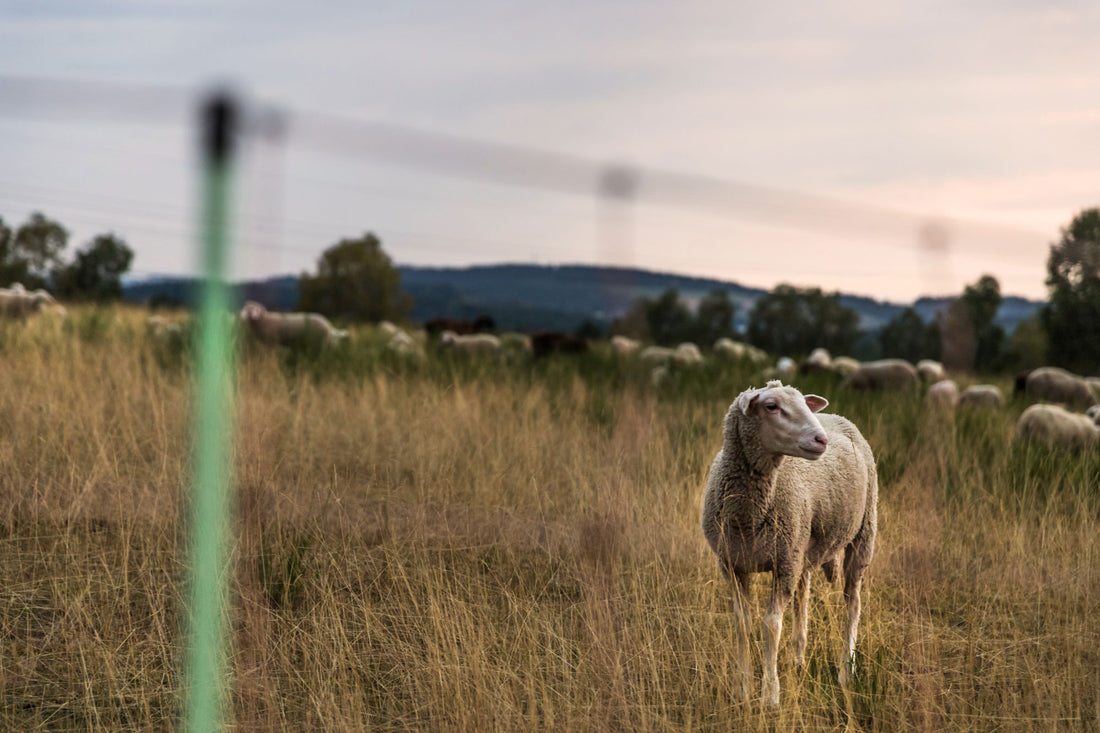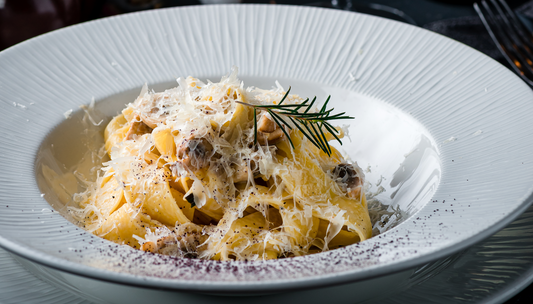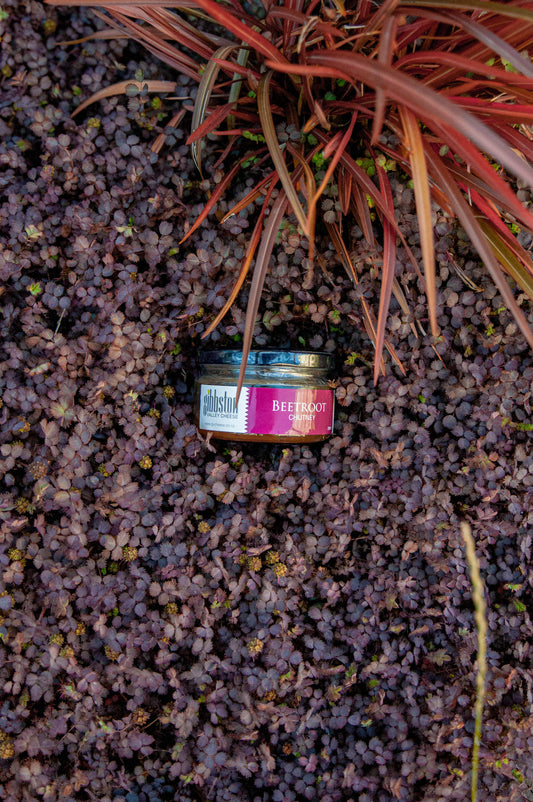Vegetarian rennet is an enzyme used in cheese-making that is derived from plant sources. It is a popular choice for those who follow a vegetarian diet or who have allergies to animal products. But how does it work when making sheep’s milk feta cheese?
When making cheese, rennet is used to coagulate the milk proteins, allowing the cheese-maker to separate the curds and whey. Vegetarian rennet accomplishes this same task, but instead of using animal enzymes, it uses enzymes derived from plants such as thistle, nettle, and artichokes. These enzymes help to break down the milk proteins, resulting in a firm curd that can be cut and drained.
Once the curds have been drained and separated, the cheese-maker adds salt and other flavourings to the curds. This helps to draw out more moisture and to give the cheese its distinctive flavour. After this step, the cheese is placed into moulds, where the cheese is pressed and shaped.
After the cheese has been moulded, it is then aged. This is an important step in creating feta cheese, as it allows the cheese to develop its distinct flavour and texture.
During the aging process, the cheese will be periodically brined, which helps it to develop a salty, tangy flavour. The cheese is typically aged for at least two months before being ready to eat.
Vegetarian rennet is a great choice for making sheep’s milk feta cheese, allowing cheese-makers to create a delicious, cheese that is free from animal products. With its help, cheese-makers can create a cheese that has a unique flavour and texture, making it a great addition to any meal.
Are you looking for a cheesy way to enjoy your vegetarian diet? Then you’ll love our Brinza Feta, a sheep’s milk feta cheese made with vegetarian rennet!





